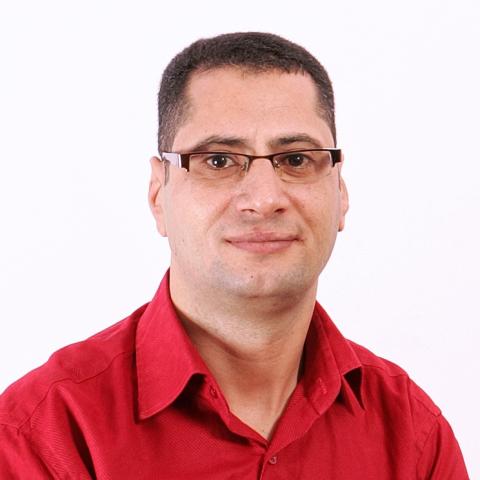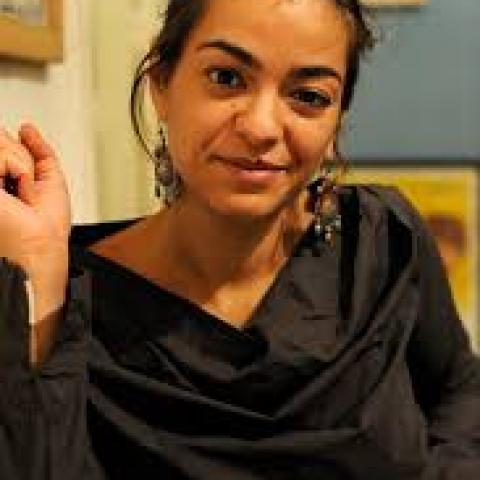International Women’s Day is celebrated around the world on March 8. Egypt celebrates Egyptian Women’s Day on March 16, and March 9 marks the infamous day when members of the Armed Forces performed virginity tests on female protestors detained in Tahrir Square in 2011 — a crime no one has been held accountable for to this day.
After more than three decades of national family planning programs, an almost 30-year-old national AIDS program, and two decades of combating female circumcision, a quick look at Egypt’s latest statistics might give you the impression that all this work is Sisyphean. The population clock has just ticked over to 90 million people earlier this month with increasing outcries over the population growth and rising fertility rates.
Head of the Coptic Orthodox Church Pope Tawadros II made an exceptional visit to Jerusalem last Thursday to lead the funeral prayers for Bishop Abraham, the Metropolitan Archbishop of Jerusalem and the Near East. The trip triggered a wave of controversy and divided public opinion, although state bodies and senior officials didn’t comment on the visit.
Long governed by separate laws on personal status issues—marriage, divorce, and other family law—Egypt’s Christians are awaiting the government’s latest move. The issue of the personal affairs law for Egypt’s Christians has recently returned to the forefront of national debate in Egypt, with President Abdel-Fattah El Sisi instructing the Cabinet to review a draft law it had previously presented to Egypt’s churches.
Donating one's organs after death can save countless lives and yet it is something not often done in Egypt, despite the harsh reality of the need for organs. Mona Daoud delves into the legalities, societal perceptions, and issues surrounding the health sector when it comes to this vital matter.
“What happens when we die?” This question has been circulating itself amongst the entirety of humanity from the moment it came into existence up to this moment.
Today, one year on from the arrest and detention of human rights lawyer Yara Sallam and 22 peaceful demonstrators, the ICJ calls for their immediate and unconditional release.
On 21 June 2014, Yara Sallam, together with award winning human rights defender Sanaa Seif and 21 others, was arrested and detained in the context of a peaceful demonstration in Heliopolis, Cairo.
On February 8, 2015, at least 19 fans died while waiting to enter the Air Defense Stadium for the match between Zamalek and ENPPI – it was the first Egyptian league game to allow spectators, albeit a small number, after a three-year ban that was put in place in the wake of the Port Said Stadium disaster which left 72 dead in February 2012. The Air Defense Stadium deaths were caused by a human crush that resulted from the police firing teargas into the very tight entrance where fans were packed before the start of the game.
Over the past week, the village of al-Aour in the governorate of Minya—home to thirteen of the twenty Coptic Egyptian victims killed by the Islamic State (ISIS) in Libya—has been transformed. The once obscure village has become a site for official delegations and mourners to visit, and offer condolences and support to the bereaved families of the victims. This influx of visitors is new for al-Aour.
The fate of 20 Egyptian Copts, who were kidnapped by masked men in two separate incidents in the Libyan city of Sirte, remains unclear. In the first kidnapping, which took place on December 31, 2014, militants forcefully stopped a microbus transporting Egyptians and kidnapped seven Christians at gunpoint.
Egyptian courts have allowed alleged perpetrators of killings and torture from security agencies to walk free, sometimes without ever appearing in court, while relatives of those killed by police brutality suffer in silence.








